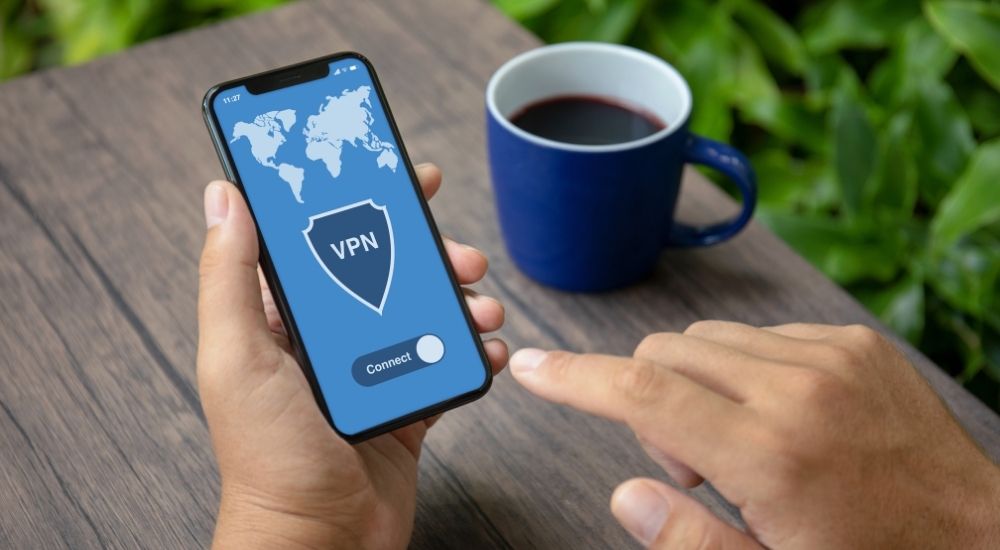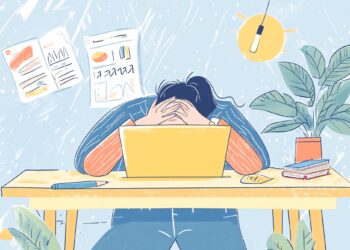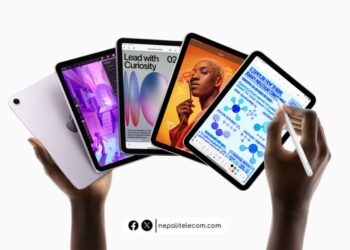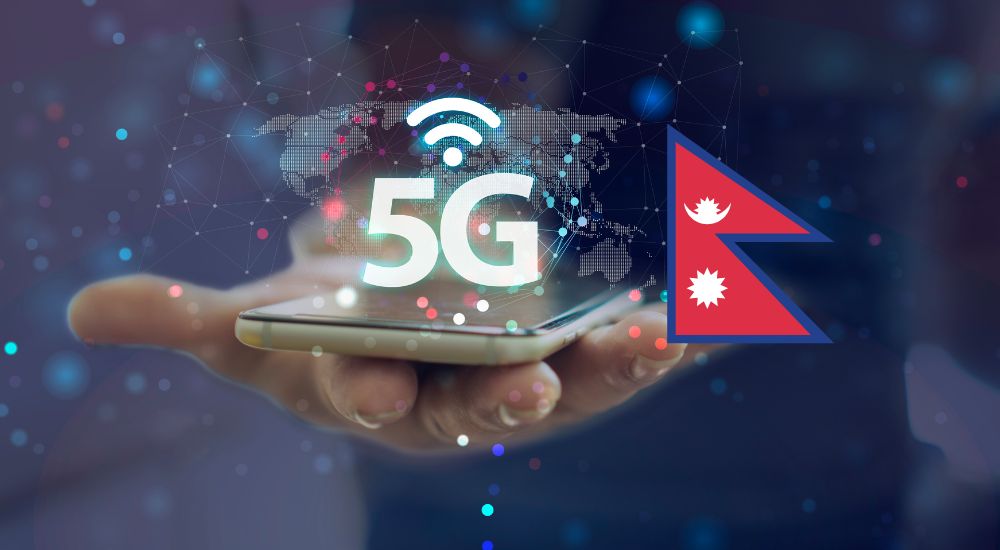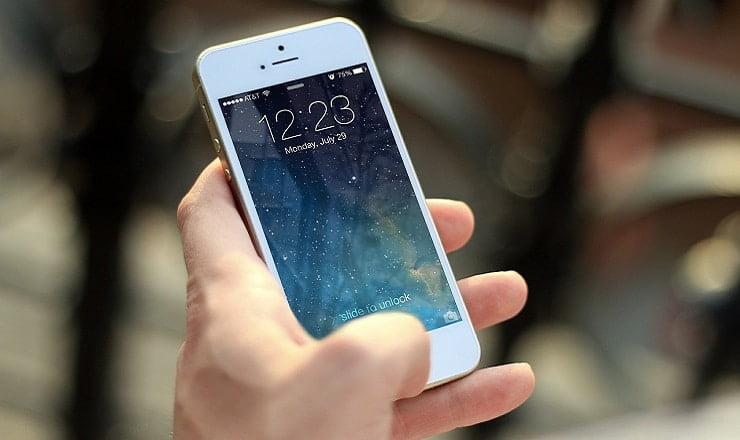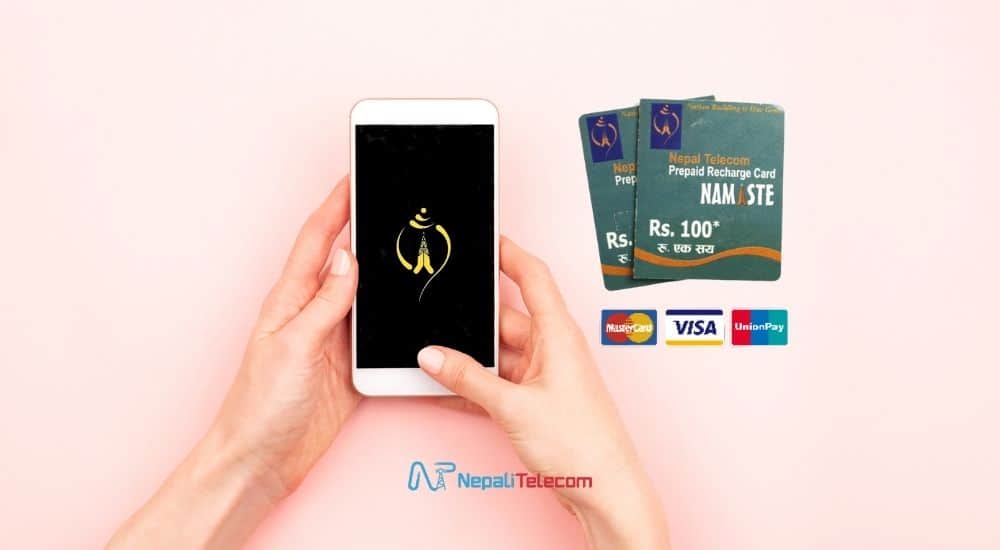An iPhone is a thoughtful investment. If you have one, its security and privacy features are probably among the top reasons. It provides reliable protection against malware, surveillance, and data theft. It can’t do everything by itself, though. A trustworthy virtual private network complements its built-in protections and makes your phone hard to spy on.
Privacy with a VPN
The iOS operating system has good protection against misbehaving applications and includes healthy encryption options, but it can’t do much about data once it goes out on the Internet. Even with a secure HTTPS connection, someone who intercepts your communications can see what domains and IP addresses you’re communicating with. You don’t always want to let others know. When you protect your iPhone with a VPN, you get this extra level of privacy.
In some parts of the world, connecting to specific sites can be impossible, and trying might even get you into trouble with the authorities. Blocked sites sometimes are ones which it’s completely normal to use back home. China blocks widely used sites like Facebook and YouTube. Apple fares a little better than some other providers; FaceTime works, while competitors such as WhatsApp might not. The list of blocked services in authoritarian countries changes with the rulers’ whims.
Most people use multiple channels to stay in touch with their family, friends, and workplace while traveling. With a VPN, they all remain available despite local blocking.
A VPN connects you to a server in the location of your choice, for example, the closest where you live. Excellent service has lots of locations to choose from in many countries. It bypasses local blocking of domains and IP addresses. In some places, the authorities block access to VPNs, so you need to choose one that works where you’re going.
Read Phone tapping to be legalized in Nepal!!!
Staying safe on Wi-Fi
Even without traveling far from home, you can face Internet risks. Public access points without passwords have no security. Most people don’t realize how risky they are.
First, it’s easy for anyone with some simple equipment to listen in on public Wi-Fi. They can read anything which isn’t encrypted. That includes simple HTTP websites, email that isn’t set up securely, and poorly coded applications.
Second, there’s nothing to stop a rogue hotspot from using the same SSID as a legitimate one. If your iPhone sees two access points with the same name, it will pick the one with the stronger signal.
Third, the iPhone’s default behavior is to broadcast the SSIDs of access points it has connected to before. It’s a way of asking, “Are you there?” A malicious hotspot can change its ID to one that your iPhone asks for, impersonating it. It can do this even if you’re nowhere near the real access point.
A VPN eliminates nearly all the risk of public Wi-Fi access. (With computer security, there’s no such thing as 100% safety, but you can get close.) The hotspot can’t read the data you send and receive. It can’t alter it except by turning it into meaningless bits. The VPN fixes the weakest link in your Wi-Fi connection.
Some Wi-Fi networks don’t put malware on your phone or direct you to fake websites, but they block sites they don’t think you should access. School and office networks often do this because they want you to stick to your studies or work. But sometimes the answer you need is on Facebook, TikTok, or some other “frivolous” site. VPN users can access whatever sites they like, regardless of the Wi-Fi connection.
Support for VPN in iOS
The iOS operating system is designed to support VPN clients smoothly. Client apps for Surfshark and other major VPNs are available from the App Store. You subscribe to a service, download an app for it, and run it to do a simple setup. While the connection is active, you’ll see “VPN” in the upper right corner next to the battery status. It will disappear if you lose the connection, so you can tell at a glance if it’s protecting you.
The system settings include a “VPN” item, which shows the type of connection, status, account, and server details. The “Notifications” setting lets you control the notifications of the VPN client issues. You can even have clients installed for multiple services and choose which one to activate.
Choose a VPN that works for you
The iPhone allows a wide choice of VPNs. Be sure to choose one with a good reputation; you’re putting a lot of trust into it. Check the reviews. A free VPN will rarely give you a reliable and pleasant experience. Look for a reasonably priced service with widely distributed servers, so your choices are flexible. Please take advantage of the free trial or money-back period to make sure it does everything you need and gives a decent performance.
The iPhone is one of the best tools for safely using the Internet, both at home and away. It provides an excellent infrastructure for VPN access. Choose the right service and client, and your Internet experience will be consistent, private, and safe.


